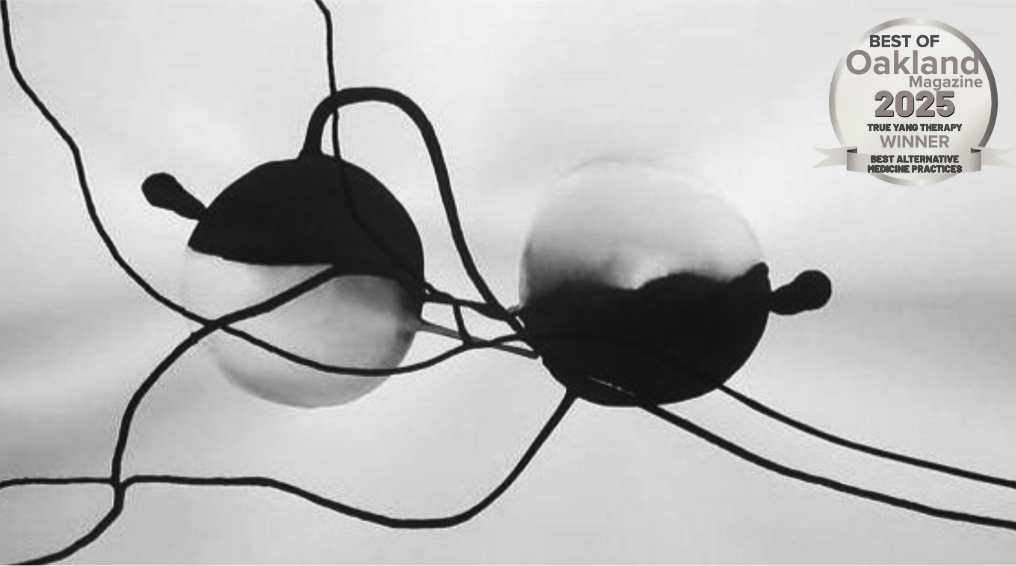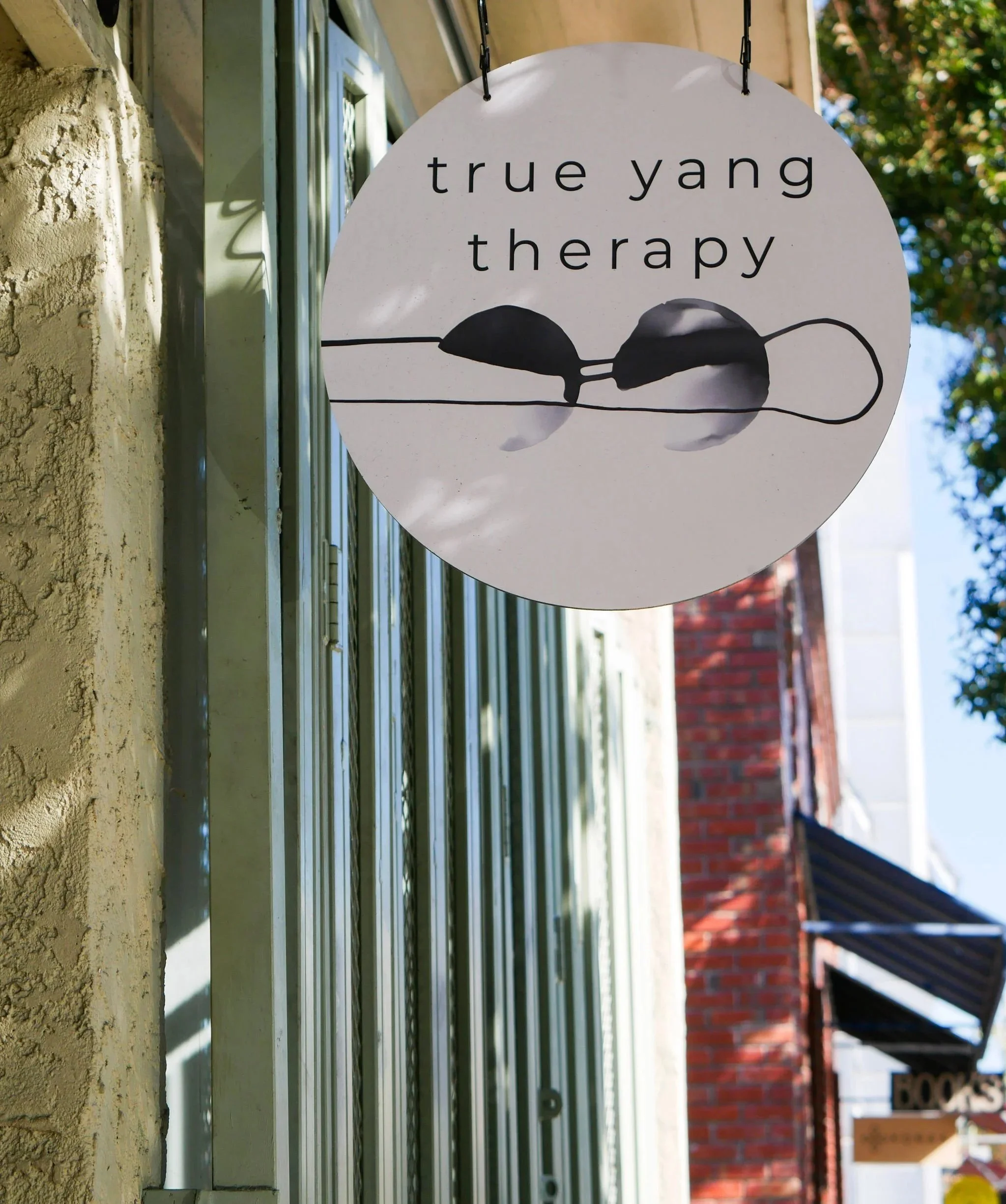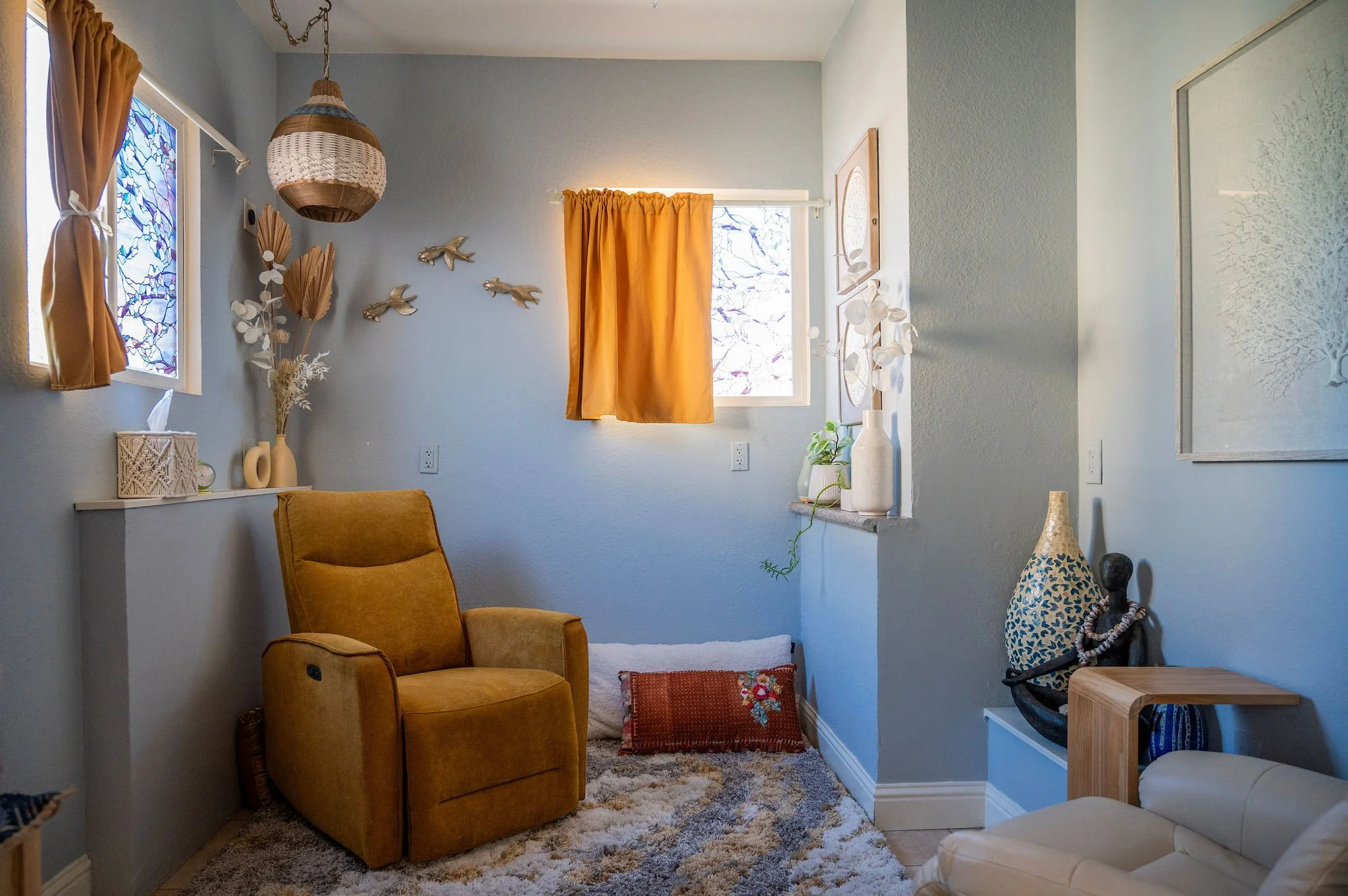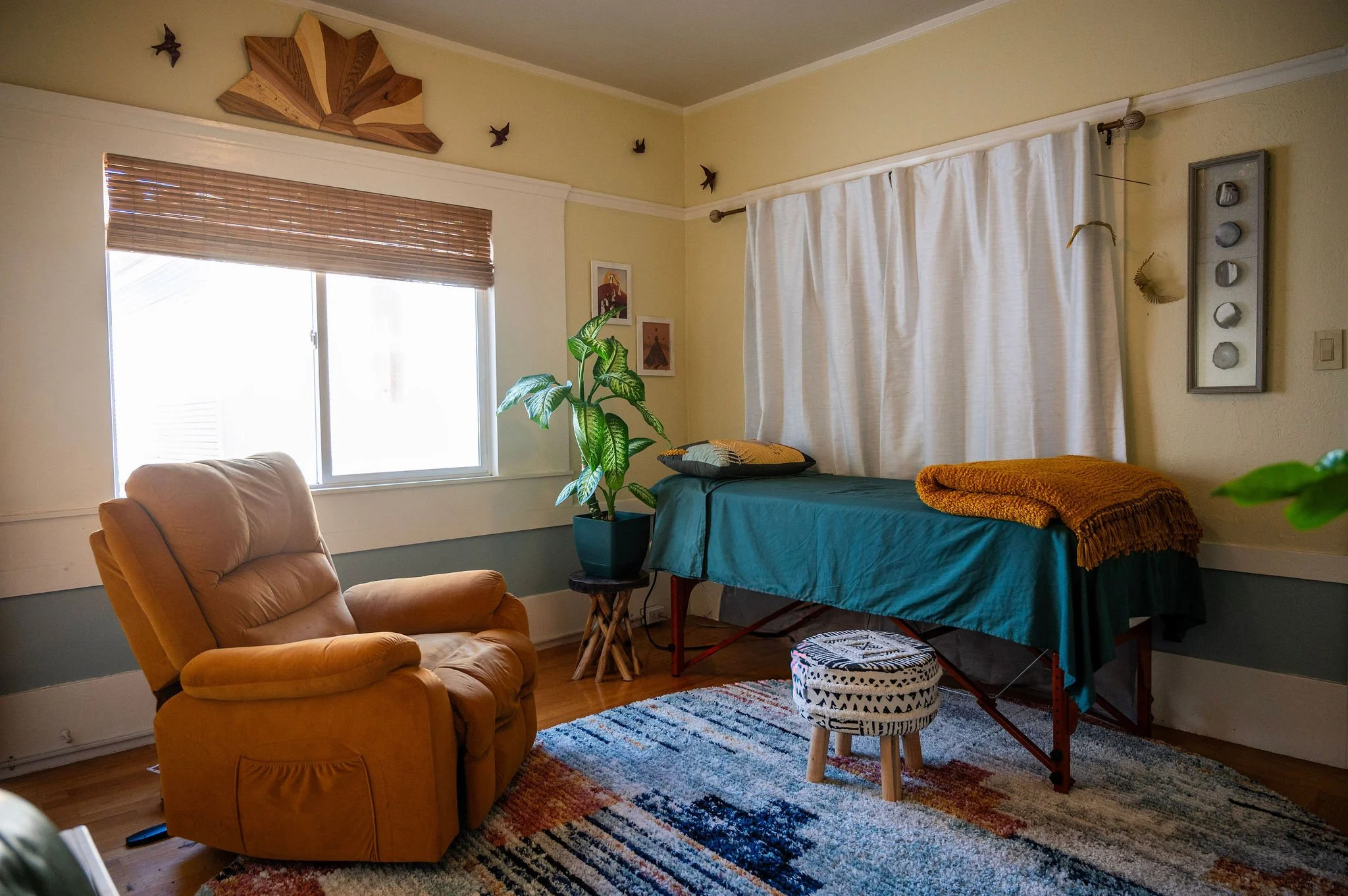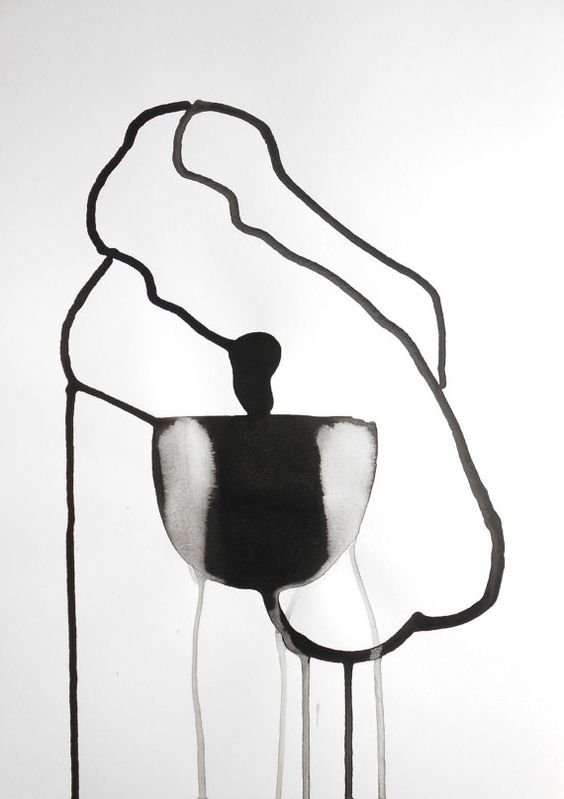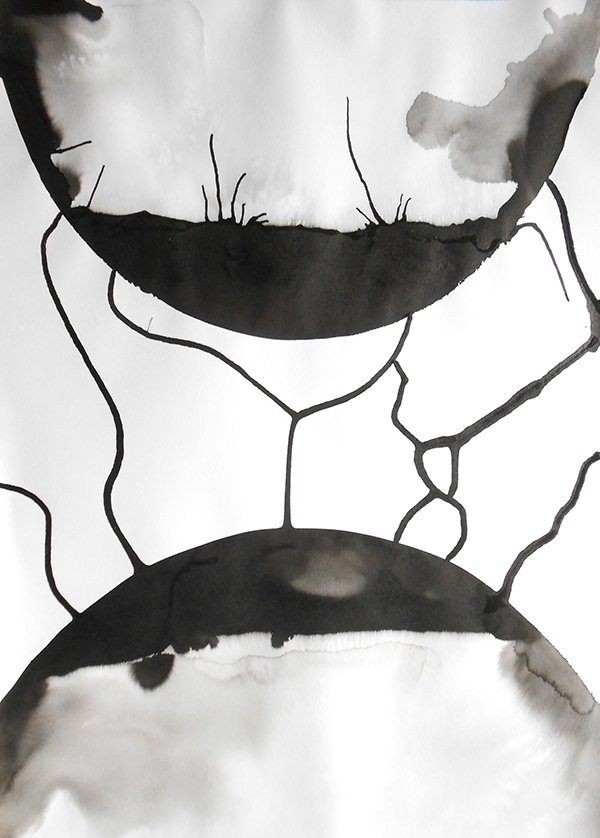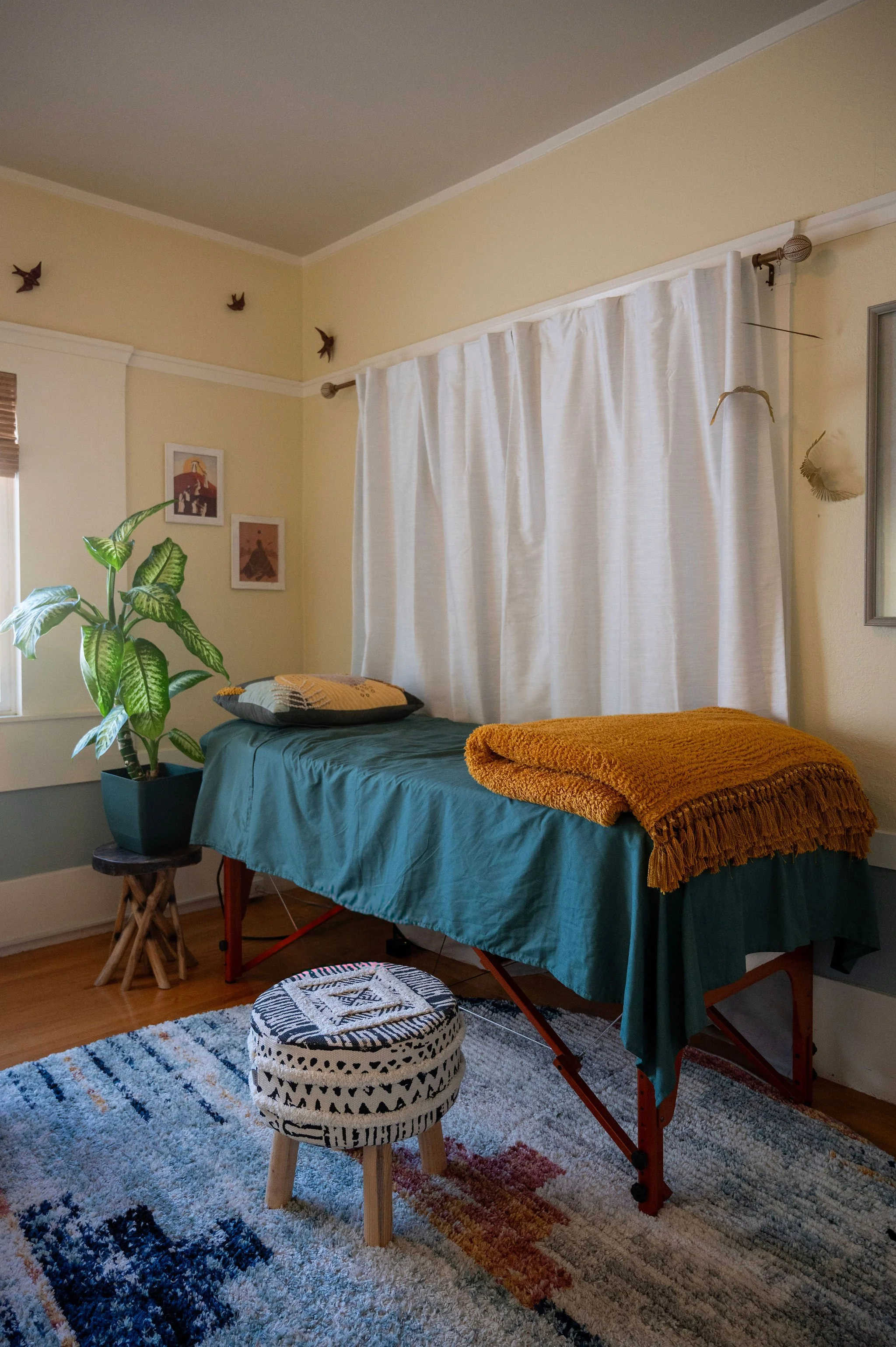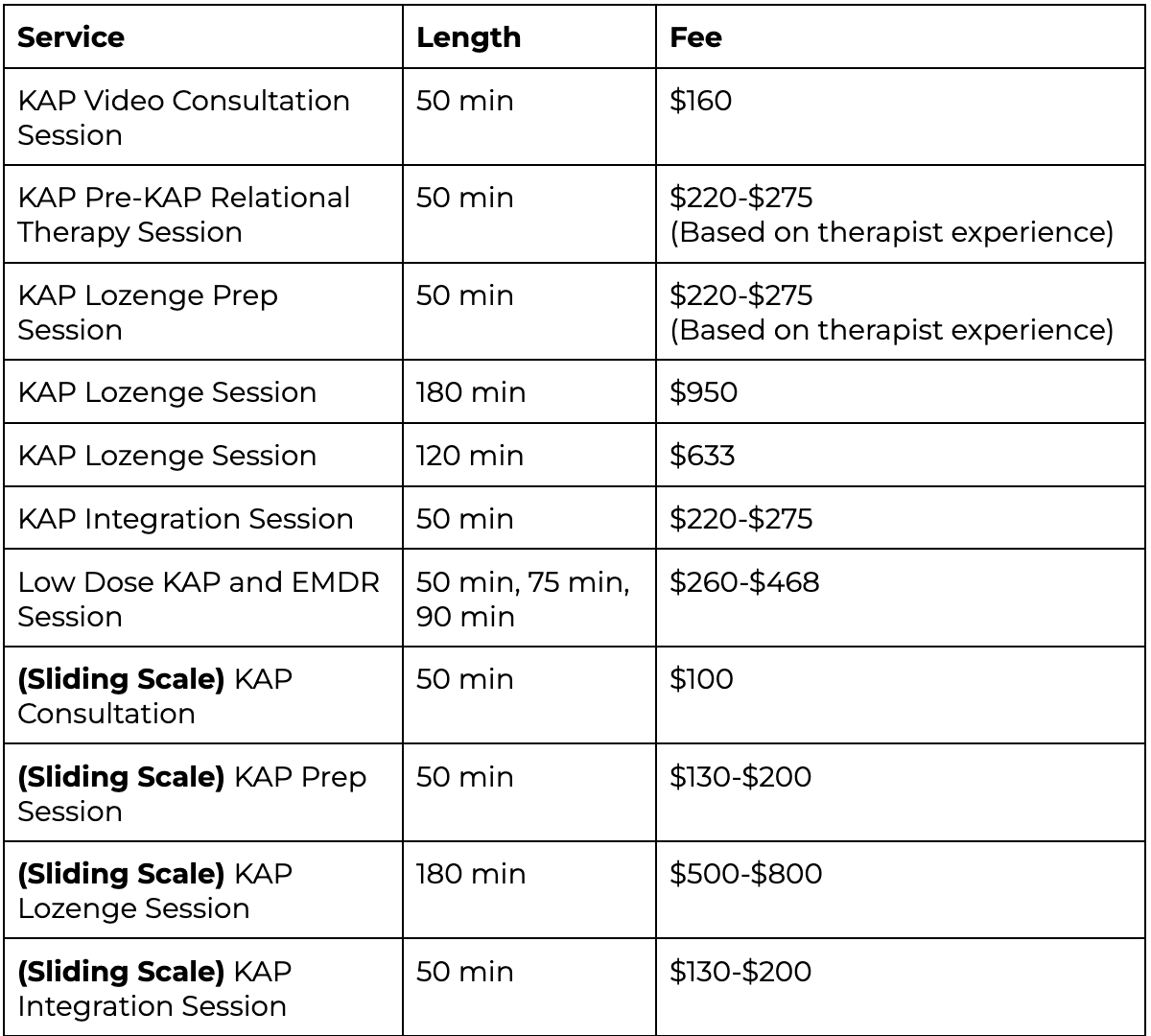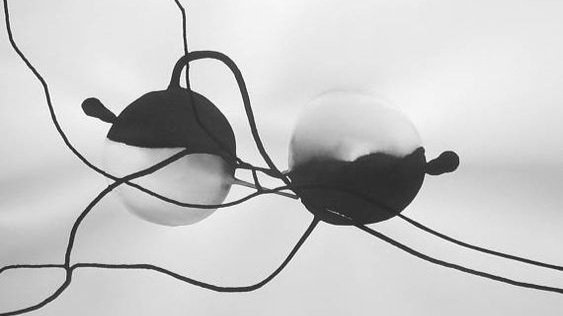Statement by S-KAP Creator Marni Levy:
As a professional working in mental health for the last 10 years I have seen how ongoing symptoms of depression/anxiety wear on a person’s overall health and wellbeing. They can manifest into physical symptoms like auto-immune or digestive issues along with back/neck/chronic pain, or show up as stuckness in career, challenges with romantic relationships as well as addictions, panic attacks, or chronic procrastination. For other folks they may just report a feeling of numbness, boredom, or apathy (“what’s the point?”).
With long term depression, the spindly receptors on our neurons that facilitate signal transmission in the brain may recede, and the amygdala and hippocampus (both of which help govern mood) may shrink. Yet, animal research has shown that ketamine can stimulate neural growth within days (and sometimes hours). One hypothesis is that there is similar action in humans.
What some people don’t realize is that depression and anxiety often have roots in relational or '“developmental trauma” from a person’s childhood. This includes things like being bullied, having parents who couldn’t be around as often or were “busy,” or even just a feeling of being “different.” This type of trauma has to do with psychological boundary crossing or relational trauma. If this specific use of the word “trauma” is new to you, in working together you will learn more about treating adult depression/anxiety and childhood developmental trauma with ketamine therapy.
HOW KAP TREATMENT WORKS
Ketamine treatment is a “hybrid” model, bringing together medicine and psychotherapy. Because a prescription is required, a medical evaluation can determine eligibility for treatment. The protocols used in this model of ketamine therapy recommend prep sessions before each medicine session to prepare you for your ketamine experience, and integration sessions after each ketamine therapy session to help you recall, explore, and integrate new insights/behaviors into your internal and external worlds.
TREATMENT OUTCOMES
Current research shows 70% of patients with treatment resistant depression respond positively to 1-3 administrations. 30-60% report having remission of depression for a varying length of time. Using repeated sessions there is a cumulative effect and together with ongoing psychotherapy the changes can be long lasting.
LEGALITY
Ketamine is the only prescribable psychedelic available in the U.S. It is a safe, evidenced-based, and legal prescription drug treatment that can be used in conjunction with psychotherapy to improve mental health and wellbeing.
CURRENT RESEARCH ON KAP
Yale Psychiatrists, pioneers of ketamine research and the recent FDA approval.
Article published by Cambridge University entitled “Toward specific ways to combine ketamine and psychotherapy in treating depression“.
KAP ARTICLES
https://www.tandfonline.com/doi/full/10.1080/02791072.2019.1587556?scroll=top&needAccess=true
https://psychable.com/ketamine/
Psychedelic support
https://psychedelic.support/resources/what-i-wish-id-known-before-ketamine-therapy/
Truffle report
https://www.truffle.report/?s=ketamine
Medium- Personal accounts and stories
https://medium.com/search?q=ketamine
Third wave
https://thethirdwave.co/psychedelics/ketamine/
